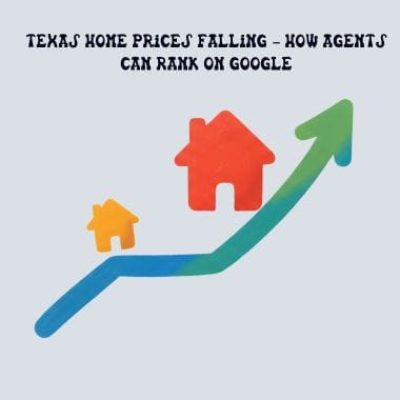Are you an American real estate professional watching your digital listings vanish into obscurity? You craft beautiful property descriptions, yet your website still lingers on the fifth page of search results, invisible to motivated buyers.
By applying Optimized Technical SEO Secrets, you can push your site higher in rankings, attract the right audience, and make your listings visible where it matters most.
This common frustration underscores the critical importance of a robust Search Engine Optimization strategy.
Mastering technical SEO is a definitive game-changer for the property market, transforming online visibility into tangible business growth.
For agents, brokers, and investors across the USA, a meticulously optimized web presence acts as a powerful lead generation engine, connecting your services directly with clients actively searching to purchase or sell their next home.
What Is Real Estate SEO?
Real estate SEO is the specialized practice of optimizing a property website to achieve greater visibility in search engine results.
It focuses on attracting local buyers and sellers by answering their specific queries.
This digital marketing strategy involves using relevant keywords, creating valuable neighborhood guides, and ensuring your site offers an excellent user experience.
How Real Estate SEO Differs from General SEO
While both use core optimization principles, real estate SEO has a unique, hyper-local focus.
- General SEO often targets a broad, sometimes global, audience with commercial intent (e.g., “best running shoes”).
- Real Estate SEO targets users based on their precise geographic location and life-stage intent (e.g., “three-bedroom condo in Miami Beach” or “what is my home in Austin worth?”).if you want more info about topic “15 Must Know Search Engine Optimization Issues in usa
| General SEO Focus | Real Estate SEO Focus |
|---|---|
| Broad, high-volume keywords | Long-tail, location-based keywords |
| Global or national link building | Local citations and community backlinks |
| General topic authority | Hyperlocal content (e.g., neighborhood reviews) |
| Technical site performance | Mobile-first and speed-critical performance |
Actionable tip: Always include your city, neighborhood, or region in your page titles and content to capture local search traffic effectively.
1:Using Real Estate Schema Markup for Listings
Schema markup is special code that helps search engines better understand your real estate listings
. By applying Schema.org types, platforms like Google can read key property details and display them directly in search results.
Key Schema Types for Real Estate
- RealEstateListing → Shows full property details (price, bedrooms, bathrooms, square footage, photos).
- LocalBusiness → Displays agency details (name, address, phone number, opening hours).
- RealEstateAgent → Highlights individual agent information (name, contact info, profile).
How to Implement
- Use JSON-LD format (Google’s recommended method).
- Add the schema code in the
<head>section of each property listing page. - Test with Google Rich Results Test to make sure there are no errors.
Benefits
- Rich snippets (price, photos, ratings) appear in search results.
- Users get clearer property info → higher click-through rates.
- Your listings stand out against competitors.
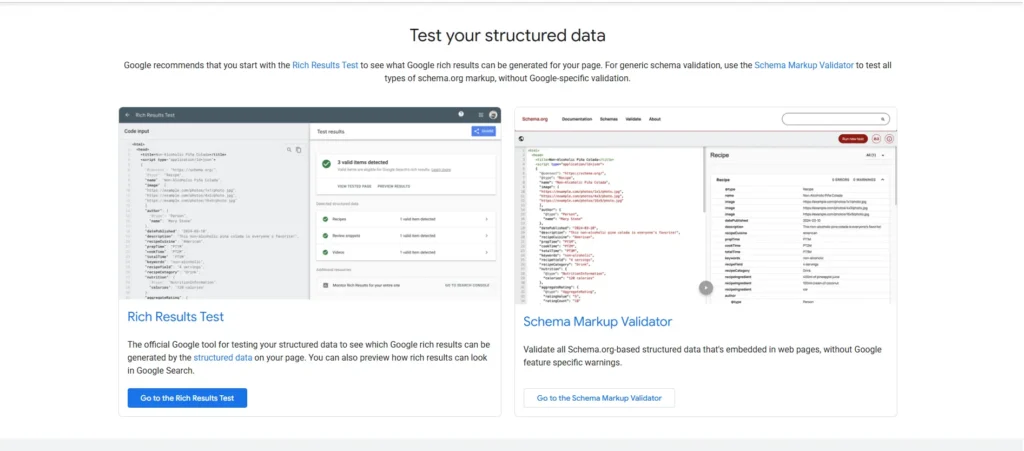
2:Mobile Optimization for Real Estate Websites
1. Responsive Design
A responsive theme ensures your real estate website looks perfect on every device, from desktops to smartphones.
As buyers frequently search for homes on their phones, a seamless mobile experience is essential.
This not only improves user satisfaction but also boosts your search engine rankings.
2. Mobile-Friendly Testing
Use tools like Google’s Mobile-Friendly Test to evaluate your site’s performance on mobile devices.
It identifies issues such as unreadable text, improperly sized images, or poorly spaced clickable elements.
Addressing these problems enhances user engagement and builds trust with potential clients.
3. Mobile-First Indexing
Google now prioritizes the mobile version of your website for its rankings. In the real estate sector, where mobile browsing is common, a slow or poorly optimized mobile site can cause you to drop in search results and lose potential leads.
A fast, mobile-ready site is critical for keeping your listings visible.
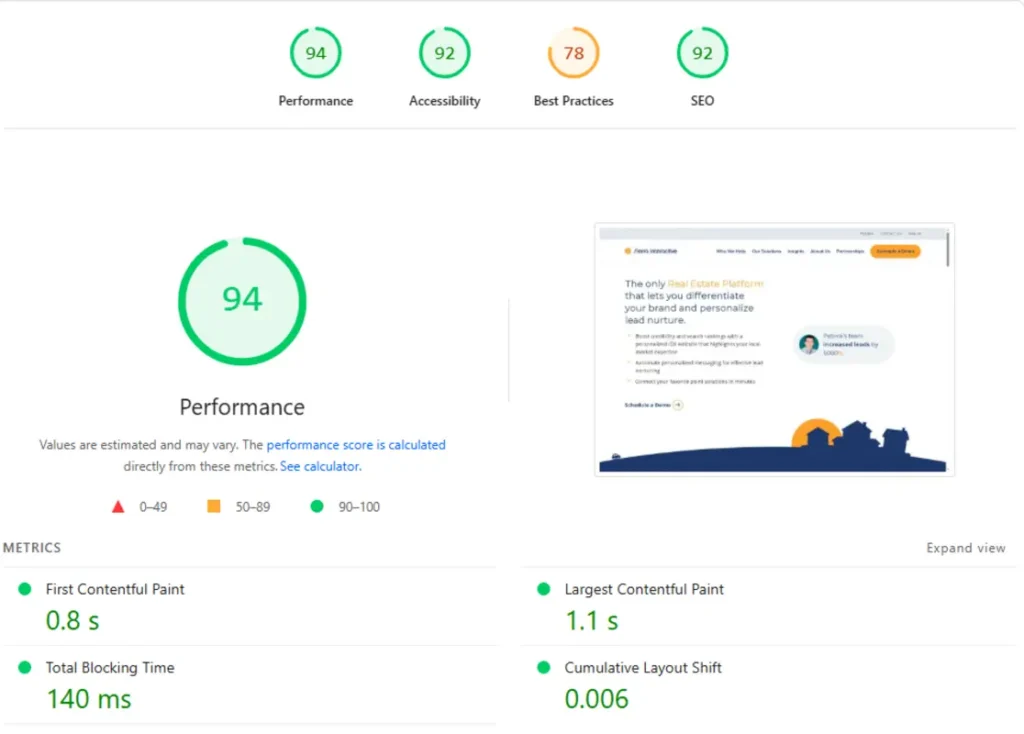
3:HTTPS & Website Security: Why Your SSL Certificate Matters
A secure website is essential for building trust with users and satisfying search engine requirements.
An SSL certificate enables this security by switching your site from HTTP to HTTPS.
1. Build Trust with a Secure Padlock
The padlock icon in the browser address bar immediately signals to visitors that your site is protected.
This visible mark of security builds confidence, encouraging users to stay longer and complete actions like submitting property inquiry forms.
2. Enhance Search Engine Visibility
Google prioritizes secure websites in its search results. By switching to HTTPS, your real estate website receives a positive ranking signal, which can help improve your online visibility.
3. Protect Sensitive User Data
Real estate websites frequently handle sensitive information through contact forms, mortgage calculators, and registration pages.
HTTPS encrypts all data transmitted between the user and your site, safeguarding it from hackers and strengthening your website’s credibility.

Another concern is faulty redirects. This happens when a link sends a user through multiple unnecessary pages before reaching the final destination.
Ensure every redirect is direct and sends people to the most useful page, like your main homepage or a current listing that matches what they were seeking.
4:URL Structure for Listings
Use Clean, Keyword-Rich URLs
A well-crafted URL helps both users and search engines understand a page’s content. For real estate sites, include key details like the city, property type, and number of bedrooms.
This creates a short, clear, and memorable link.
Good Example: /austin-tx/3-bedroom-house
This descriptive URL instantly tells Google and users what the page is about, which builds trust and can improve click-through rates.
Avoid Long, Dynamic Parameters
Many real estate sites use messy URLs filled with random numbers and symbols, such as:/property?id=12345&ref=xyz
These links are confusing, provide no useful information, and are often avoided by users. Search engines also prefer simple, descriptive paths.
Best Practice: Maintain a neat and consistent structure
. Each property page should have a clean, logical path that aligns with your site’s main categories (e.g., city → property type → details).
5:Optimize with XML Sitemaps
A clear XML sitemap guides search engines to all your real estate pages, ensuring your important property listings are discovered and indexed by Google.
Ensure Your Listings Are Crawlable
For search engines to properly index them, your property pages must be easy to crawl. Avoid issues like broken links, duplicate content, or pages blocked by your robots.txt file. Each listing needs a unique URL with accurate, up-to-date details.
Use Separate Sitemaps for Listings and Content
Maintain one sitemap for your property listings and a separate one for blog or news articles. This organization helps Google better understand your site’s structure, improving ranking potential for both your real estate inventory and your local market content.
Submit and Monitor in Google Search Console
Submit your XML sitemaps directly through Google Search Console to speed up the indexing of new listings. Monitor the tool regularly for crawl errors or warnings to ensure potential buyers can find your properties without any delays.
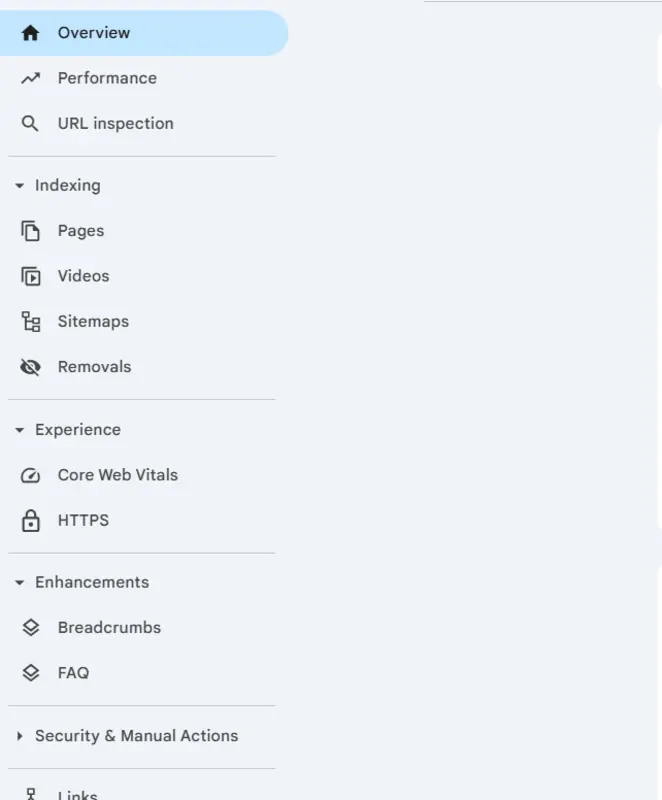
6:Fixing Crawl Errors and Redirects
Crawl errors prevent search engines from accessing your real estate pages. If Google can’t crawl a page, your property listings or blog posts won’t appear in search results leading to fewer buyers and investors finding your website.
Common Crawl Issues
- 404 Pages (Not Found): Occur when a property listing is removed or a URL is broken.
- Redirect Chains: Multiple consecutive redirects that slow down your site and confuse search engines.
- Server Errors (5xx): Happen when your web server fails to respond to a crawl request.
How to Monitor Crawl Errors
- Use Google Search Console (GSC) to review Crawl Stats and the Page Indexing Report.
- Identify broken links using SEO tools like Screaming Frog or Ahrefs.
- Analyze your server logs to understand how Googlebot interacts with your site.
Best Practices for Resolution
Maintain a Clean XML Sitemap that is regularly updated and includes only active, live URLs
Fix 404s by redirecting them to relevant live listings or replacing them with valuable content.
Simplify Redirects by using direct one-to-one 301 redirects instead of long chains.
Conduct Regular Audits to identify and resolve issues before they impact your search rankings.
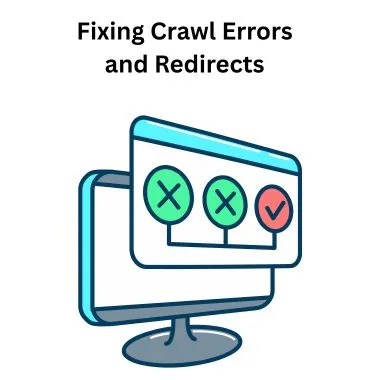
7:On-Page SEO for Real Estate Websites
1. Create Location-Based Meta Titles
Meta titles are the first thing users see in search results. A clear, location-specific title helps attract the right buyers and tells search engines what your page is about.
- Examples:
- “Apartments for Sale in New York | Modern Real Estate Listings”
- “Los Angeles Luxury Homes – Find Your Dream Property”
2. Optimize H1 Tags for Each Page
Every page should have a single, primary H1 tag. Keep it concise and directly relevant to the page’s content, whether it’s a property listing or a service page.
- Examples:
- “Luxury Apartments in Miami”
- “Affordable Homes for Families in Chicago”
3. Use Descriptive Alt Text for Property Images
Since real estate is highly visual, it’s crucial to describe images for search engines, which can’t “see” them. Alt text also improves accessibility for users with screen readers.
“Spacious villa with garden in Houston
Examples:
“3-bedroom modern apartment in downtown Boston”
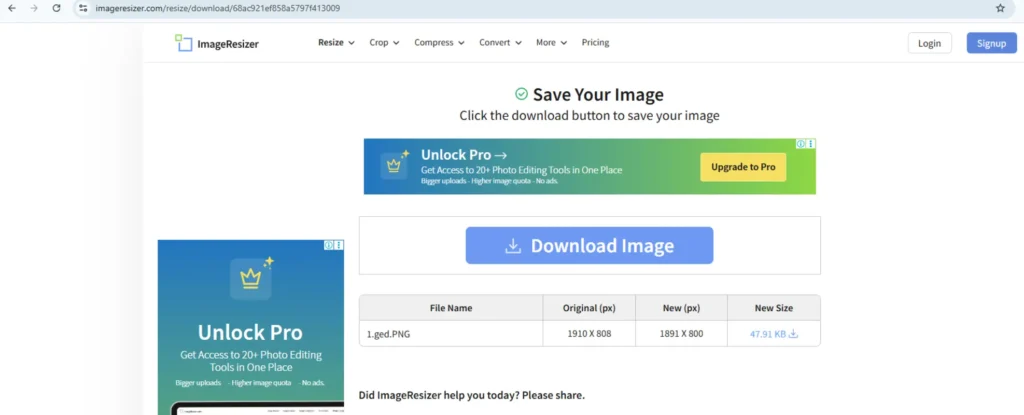
8:Internal Linking and Content Clusters for Real Estate SEO
A strong internal linking structure is a cornerstone of technical SEO for real estate websites. It guides search engines through your site’s architecture and helps users discover relevant properties and information more easily.
Strategy: Create Neighborhood Hub Pages
A highly effective method is to develop “neighborhood hub” pages. These act as comprehensive guides for specific areas, linking out to detailed property listings and related local topics.
Example:
A “Living in Austin” hub page would link to content such as:
- Condos in Austin
- Austin family homes
- Local school guides
- Nearby facilities and amenities
This approach forms a clear content cluster, signaling to search engines the relationship between your central neighborhood page and its supporting content.
9:Local SEO & Google Business Profile (GBP) Optimization
A well-optimized Google Business Profile is essential for real estate businesses to appear in local searches. To maximize your visibility, follow these key steps:
Manage Customer Reviews: Positive reviews build trust and improve your ranking in local results. Actively encourage satisfied clients to leave feedback and make sure to respond to all reviews professionally.
Complete and Accurate Information: Ensure your profile is fully filled out with your correct Business Name, Address, and Phone number (NAP).
Select Relevant Categories and Services: Improve your searchability by choosing the most accurate business categories and listing all services you offer, such as property sales, rental management, or real estate consulting.
Ensure NAP Consistency: Your NAP information must be identical on your website, social media profiles, and all online directories. Inconsistencies can confuse search engines and harm your local ranking.
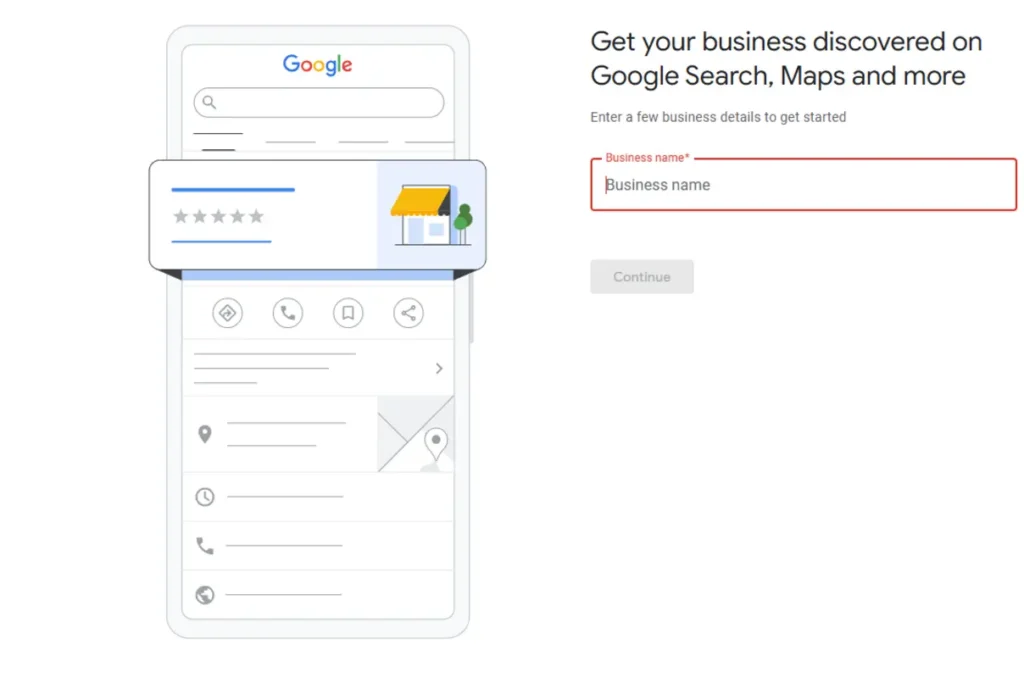
Effective Strategies for Success
To build a strong profile, start by claiming and optimizing your Google Business Profile listing. This is one of the most critical factors for appearing in local property searches.
Next, ensure your information is precise on other major platforms like Yelp, Facebook, and Bing Places.
For generating backlinks, consider creating excellent content that others naturally want to share, such as a neighborhood guide or market analysis report.
You can also partner with local charities or sponsorships, which often result in a supportive link from their website.
Common SEO Mistakes to Avoid
A major misstep is keyword stuffing. This means overusing property terms unnaturally within your website’s text. Search engines now penalize this tactic.
Instead, focus on semantic keywords and latent semantic indexing. Write helpful, natural content for people first. Use synonyms and related phrases that a potential home buyer might search for.
This approach aligns with natural language processing and improves your site’s relevance.Proper grammar, spelling, and punctuation are essential for establishing trust and professionalism.
They also help search engines understand your content. Clear content improves user engagement and reduces your bounce rate.
10:faqs
Q1: What is the most important technical SEO factor ?
While all factors matter, website speed and mobile responsiveness are critically important. They directly impact user experience and are key Google ranking signals, especially for local searches performed on mobile devices.
Q2: How does schema markup help my real estate listings?
Schema markup, often called structured data, provides explicit clues about your page’s content to search engines. For a property listing, it can make your result appear with extra information like price, number of bedrooms, and a rating, which increases visibility and click-through rates.
Q3: My site is built on a popular platform like WordPress. ?
Platforms like WordPress are a good start because they are generally SEO-friendly. However, you still need to actively manage technical elements like image optimization, site speed, installing an SSL certificate, and using the right plugins for schema markup and sitemaps.
Q4: How often should I conduct a technical SEO audit?
It is wise to perform a basic audit quarterly. The digital landscape changes frequently. Regular checks help you identify new errors, such as broken links from expired listings, and ensure your site adheres to the latest search engine best practices.
Q5: What is the difference between technical SEO and local SEO?
Technical SEO is about the health and performance of your website itself (speed, mobile-friendliness, crawling). Local SEO is about optimizing your online presence to attract local customers (Google Business Profile, local citations, reviews).
Q6: Why is HTTPS important for my real estate website?
HTTPS provides security for your users, which is vital if you have contact forms or login areas. It also builds trust with potential clients.
Furthermore, Google uses it as a lightweight ranking factor, meaning secure sites may have a slight advantage over non-secure ones.



